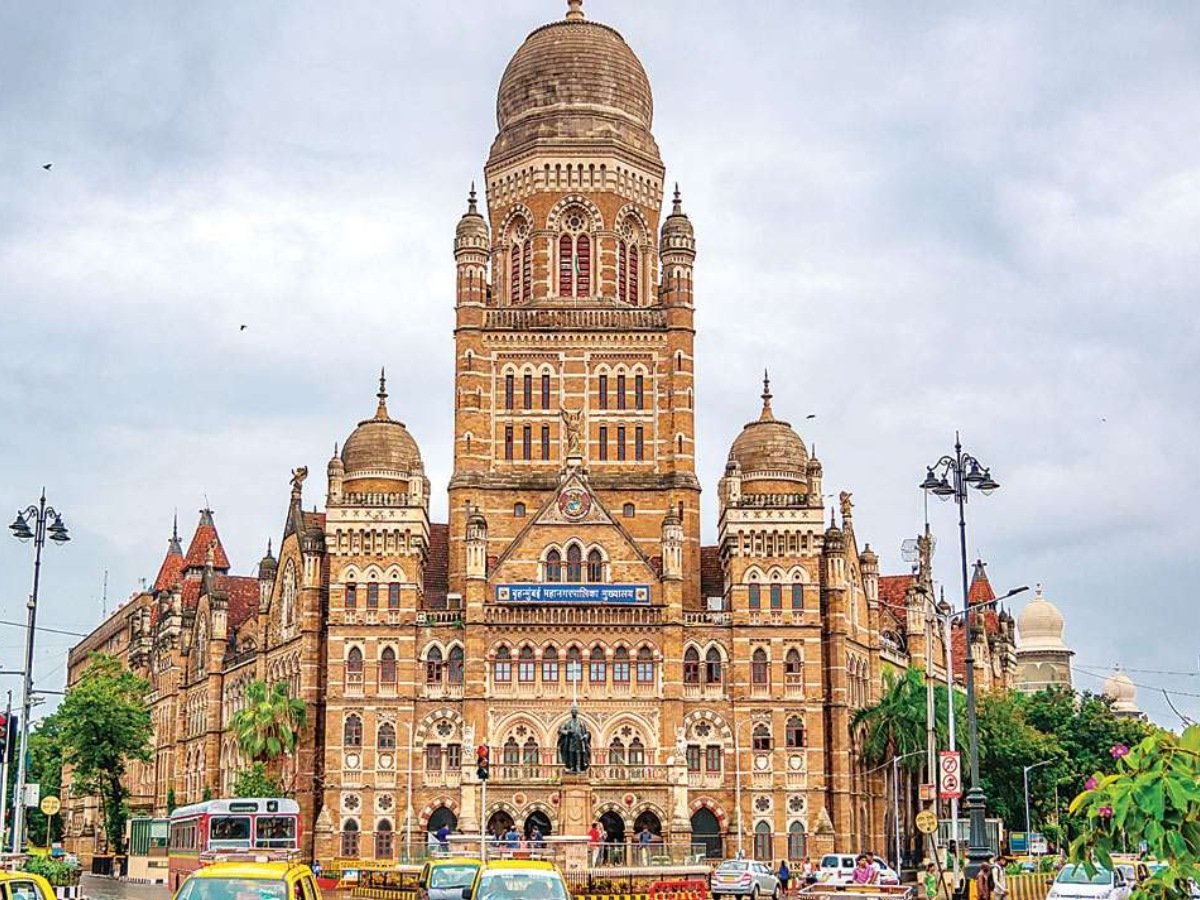The Brihanmumbai Municipal Corporation (BMC) is set to impose a steep ₹1000 fine from April 1, 2025, for those caught burning waste in the open. This new penalty comes as part of the city’s broader efforts to curb the growing pollution problem, particularly the hazardous effects of open waste burning, which contributes significantly to the deterioration of air quality and public health.
The decision follows numerous complaints and reports of open waste burning across various parts of the Mumbai Metropolitan Region, including construction sites, open plots, and roadside areas. These incidents are often marked by the burning of dry leaves, mixed waste, and other materials, which release toxic gases and particulate matter, exacerbating air pollution and respiratory diseases. The alarming rise in such incidents prompted the BMC to take stricter actions against those responsible.
Previously, the penalty for open waste burning was set at a nominal ₹100, but the BMC observed that the fine was too insignificant to deter offenders. Many residents, especially in certain pockets of the city, continued to indulge in the practice, with little regard for the consequences. To address this, the BMC has now decided to increase the fine to ₹1000, a move that is expected to have a more significant deterrent effect.
In an effort to enforce the new penalty, the BMC has established a dedicated team at the ward level. This team will consist of officials from various departments, including a junior supervisor from the Solid Waste Management (SWM) division, a nuisance detector, and a mukadam (supervisor). The team will be responsible not only for penalising offenders but also for creating awareness about the harmful effects of open waste burning. Their efforts will focus on educating citizens about alternative waste disposal methods and the importance of adhering to solid waste management guidelines.
The move is aligned with the Brihanmumbai Sanitation and Health Bye-Laws, 2006, which were framed under Section 462 (EE) of the Mumbai Municipal Corporation Act, 1888. The revised penalty structure will enhance public compliance with these laws, which focus on the safe and responsible collection, transportation, and disposal of solid waste.The BMC’s decision comes at a time when the city is grappling with several environmental challenges. Mumbai’s air quality has been steadily declining, with pollutants from various sources, including waste burning, contributing to hazardous levels of particulate matter (PM).
Studies have shown that exposure to such pollutants leads to a range of respiratory issues, particularly among vulnerable groups such as children, the elderly, and those with pre-existing health conditions.Environmental experts have long stressed the importance of addressing open burning as a major source of urban air pollution. Not only does it release harmful chemicals into the atmosphere, but it also exacerbates the city’s struggle with waste management. Burning waste instead of recycling or composting it contributes to a wasteful and unsustainable urban environment, making it more difficult to achieve a zero-waste, eco-friendly future.
While the fine is expected to act as a deterrent, the BMC’s broader strategy includes community outreach and education. By building awareness about the environmental impact of open burning, the civic body aims to foster a sense of responsibility among Mumbai’s residents. Encouraging citizens to segregate waste, adopt eco-friendly disposal practices, and reduce their carbon footprints will be central to the city’s long-term sustainability goals.This initiative is a step toward aligning Mumbai with the global movement towards greener, more sustainable cities. With climate change and environmental degradation becoming increasingly urgent issues, municipalities like Mumbai are being urged to take bold steps to ensure the health and well-being of their citizens while safeguarding the environment for future generations.


